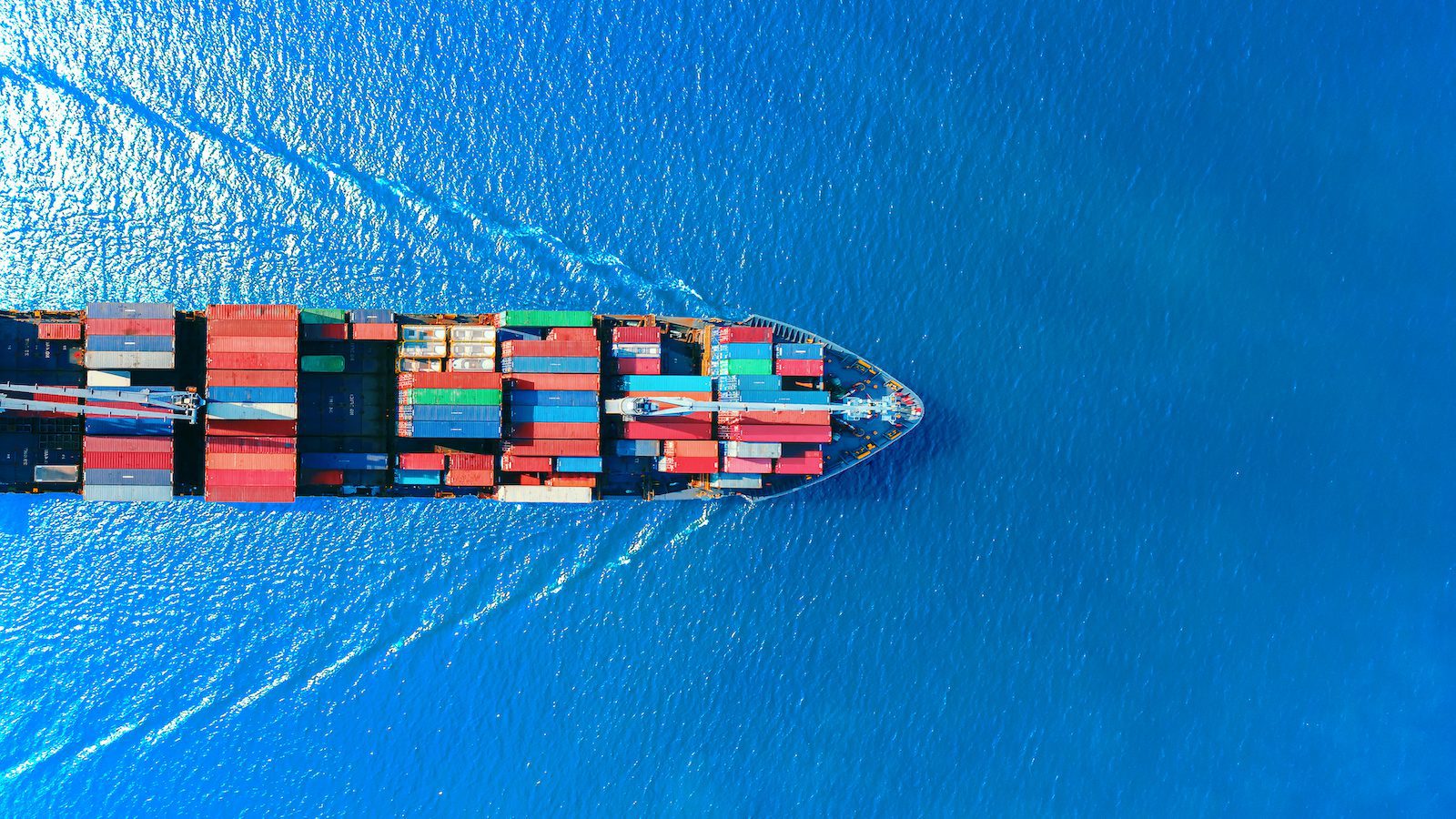Iraq Set for Key Oil Cargo Surge in Sign of Increased Output
Iraq will raise shipments of a key crude grade next month, part of an enlarged export program indicating that the OPEC+ nation is boosting its oil production.

Stock Photo: Studio concept/Shutterstock
Ocean-based sectors have emerged as a cornerstone of global trade, reaching a significant milestone of $2.2 trillion in 2023, accounting for 7% of world trade. A new Global Trade Update from UNCTAD reveals the robust performance of the “ocean economy” while highlighting mounting challenges facing maritime commerce.
The maritime sector shows a mixed picture of recovery and challenges. While coastal and maritime tourism has rebounded to pre-pandemic levels, maritime freight transport experienced a notable decline in 2023 due to weak demand and overcapacity. However, early 2024 saw a sharp rebound in freight rates amid disruptions in the Suez and Panama canals.
Trade in ocean goods has maintained stability, bolstered by consistent demand for port infrastructure, processed seafood, and marine technology products. However, significant disparities persist across regions and sectors.
Looking forward, the sector faces several critical challenges. Climate-related droughts and regional tensions are causing shipping delays and longer routes, particularly impacting Small Island Developing States and Least Developed Countries. Environmental concerns are also mounting, with sea level rise, plastic pollution, and biodiversity loss threatening port infrastructure and marine transport.
Trade policy uncertainty adds another layer of complexity. Recent tariffs on steel and aluminum are driving up costs for shipbuilding and port facilities, while new maritime transport policies aimed at decarbonization could disproportionately affect nations with limited access to green technologies.
“The ocean economy is not a niche. It powers supply chains, supports jobs and food systems, and drives innovation worldwide,” states the UNCTAD report.
To address these challenges, UNCTAD has proposed a “Blue Deal” seeking $2.8 trillion in targeted investments across four key areas: mangrove conservation, shipping and fisheries decarbonization, sustainable ocean-based production, and coastal and offshore wind energy.

Sign up for gCaptain’s newsletter and never miss an update

Subscribe to gCaptain Daily and stay informed with the latest global maritime and offshore news


Stay informed with the latest maritime and offshore news, delivered daily straight to your inbox
Essential news coupled with the finest maritime content sourced from across the globe.
Sign Up